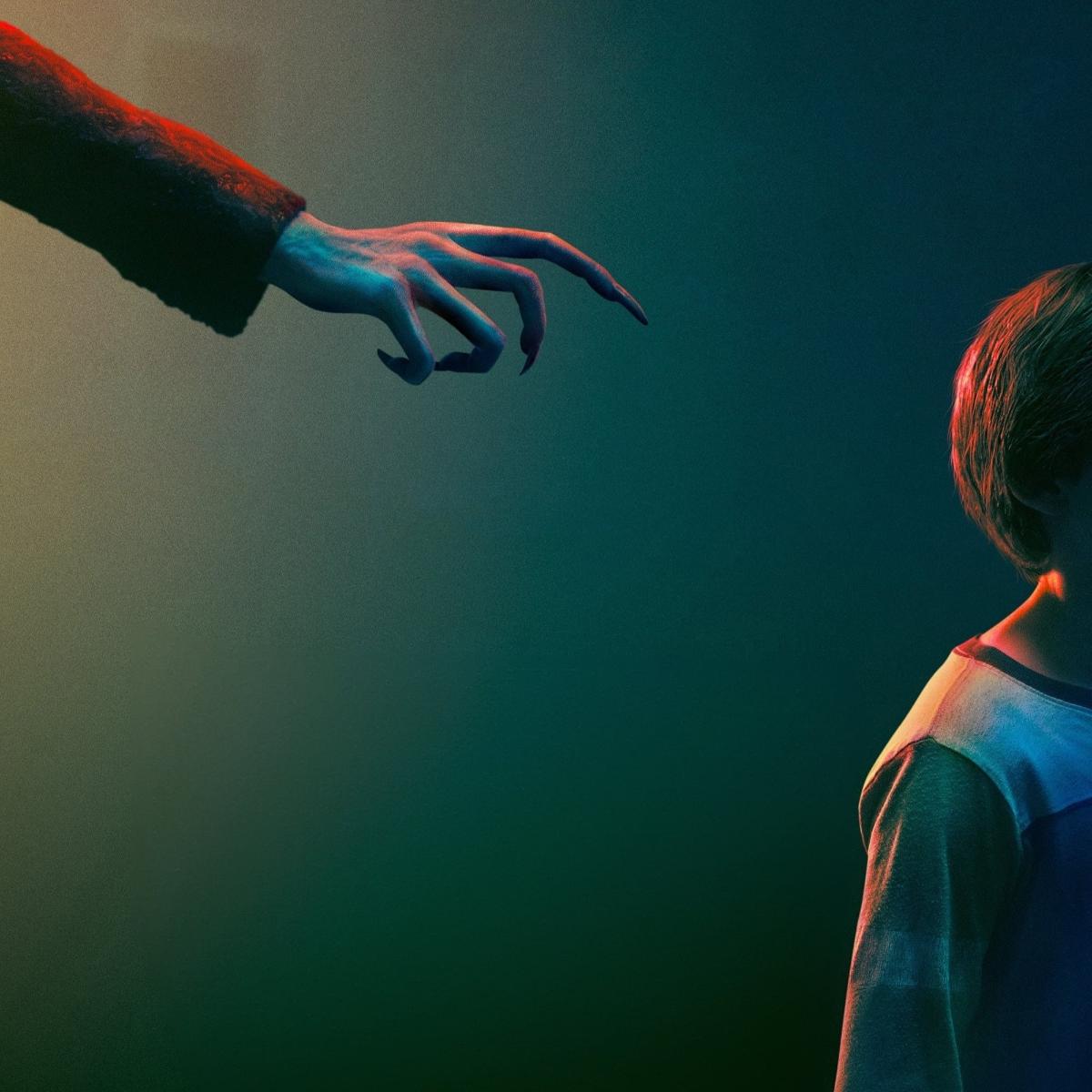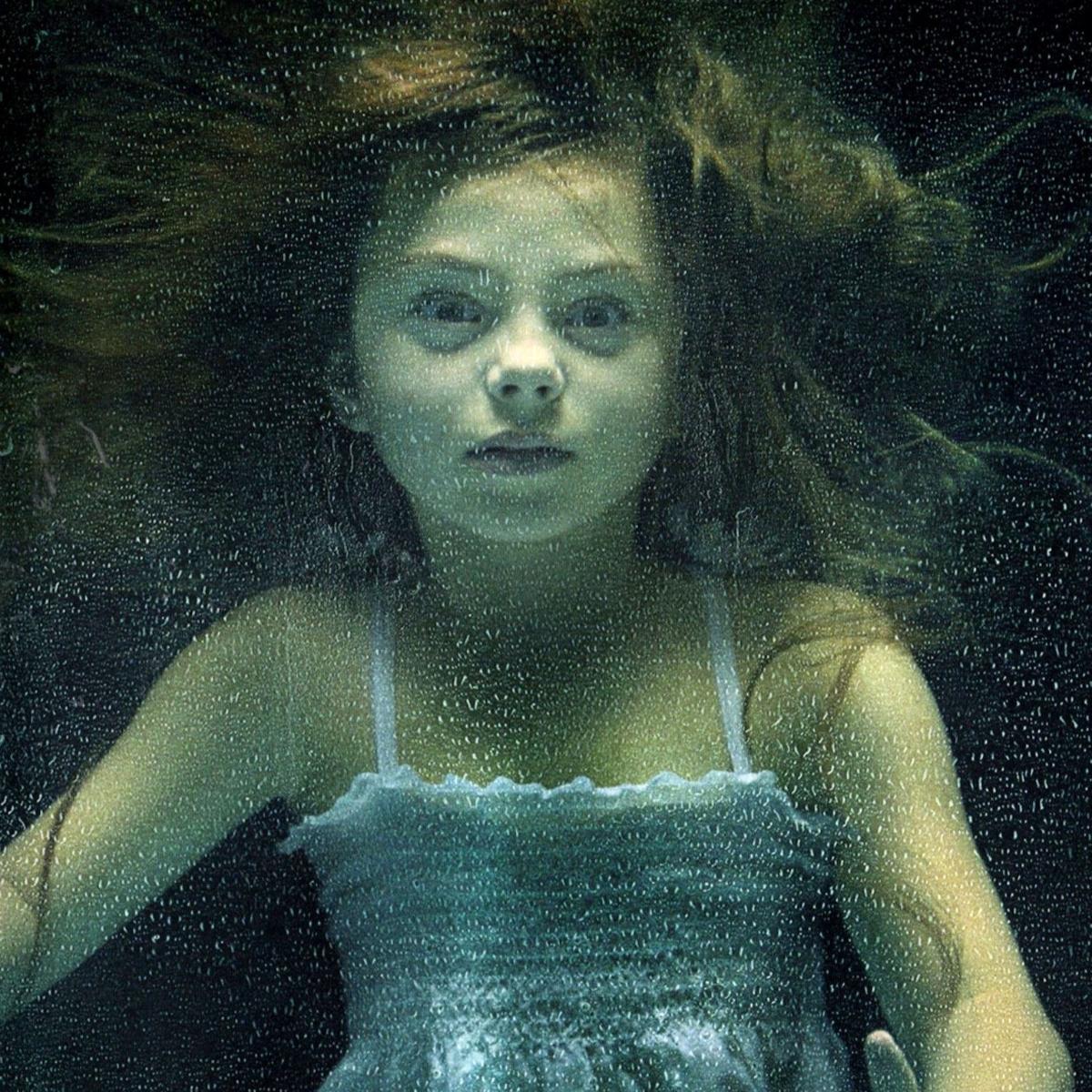Mr Gray will see you now.
Dreamcatcher, appropriately enough, offers up a conceptual cocktail of small-town camaraderie, psychic connections, and alien invasion that could really only make sense in the suspended disbelief of dream logic – or the haze of Oxycontin in which it was written. But if you’re expecting it to unfold on screen in any kind of consistent or comprehensible way, be warned: it doesn’t. The unfeasibly strong cast do everything they can to lend credibility to what becomes an increasingly incoherent spectacle, but even their best efforts can’t keep the narrative from slipping through their fingers like so much alien mucus.
Adapted from one of King’s most chaotic novels – this time the drug use was for pain management after the infamous accident which almost claimed his life – sees him raid his only memory warehouse and assemble his protagonists from aspects of It and Stand By Me. Four childhood friends who once came to the rescue of a mentally disabled boy and saw off the bullies remain close long into adulthood – and somehow linked to the boy they rescued, Douglas “Duddits” Cavell. After one of them suffers a near-fatal car accident, precipitated by a vision of Duddits, the four of them reunite for a hunting trip in the snowy winter wilderness outside Derry, Maine. Before they’ve settled into the cabin, though, they find themselves facing an extraterrestrial infection that turns human intestines into launchpads for carnivorous worms and a red menace worse than any McCarthyite fever dream. It’s the kind of outrageous imagery that King usually balances with psychological and emotional depth. Here, it’s just outrageous.
There are terrific ideas buried in the snowdrifts of Dreamcatcher: a meditation on trauma and friendship frayed by adulthood and, if you squint, it’s almost an alt-universe sequel to The Body that asks what if Gordie, Chris, Teddy and Vern didn’t drift apart as the grew older and what if the body they found that day wasn’t a corpse but the terrified figure of a disabled boy, cowering from bullies? But William Goldman’s screenplay can’t decide whether to chase that idea, or pivot to the more literal menace of telepathic aliens and parasitic invaders. The result is a film at war with itself, and in his and director Lawrence Kasdan’s defence, the novel’s pretty much at war with itself too; part character study, part sci-fi disaster epic, part creature feature, and part military thriller once Morgan Freeman’s bug-eyed colonel crashes into the story with all the subtlety of an illegal airstrike.
That military subplot, led by Freeman’s eyebrow-wielding Colonel Curtis, could be its own B-movie. Instead, it’s bolted on to a narrative already buckling under the weight of blood-slick toilets, ferocious flatulence and psychic mind palaces that predate Benedict Cumberbatch’s Sherlock by a good seven years. The tonal contrast is staggering: one half of the film tries to wrestle with childhood loss and otherworldly infection; the other behaves like Tom Clancy on an acid trip. When the two threads finally trip over each other, it feels less like a smooth merging of lanes and more like a multi-car pile-up.
Lawrence Kasdan directs with the professionalism you’d expect from the man behind The Big Chill and Body Heat, but he’s fatally hamstrung by the material’s narrative schizophrenia and a failure to find a structure that can make work on the big screen what barely holds together on the page. Whatever the finished productions failings are, and they are many, the production design and visual effects are impressively realised. The snowy landscapes feel vast and isolated, and the creature work is disturbingly tactile. ILM’s effects team turn King’s grotesque imagination into something viscerally physical, even when the story has lost the plot. The sound design, too, deserves credit: the wet, slithering menace of the “shit-weasels” physicality is conveyed with stomach-turning auditory clarity, and there’s a concerted effort to imbue the film with an atmosphere of unease, even if the story keeps yanking us out of it: it looks too good to be this bad.
The cast deserve every credit for committing to the bit, no matter how unhinged the film becomes around them. Jason Lee is tremendous value as Joe “Beaver” Clarendon, a Mozart of profanity whose presence holds the more extreme elements of the film together longer than seems possible and who’s missed the most once his time comes. Damian Lewis, in particular, commits to a dual-role performance so odd and yet compelling it almost justifies the film’s collapse into psychic absurdity, while Thomas Jane and Timothy Olyphant are treated with slightly more dignity, their arcs following a more orthodox adventure pathway towards the very weird finale. Morgan Freeman, meanwhile, seems to be in a completely different film, or films, sometimes within the same scene and having a thoroughly strange time of it. None of them are bad; they’re simply trapped in a story that keeps rewriting its own rules.
And then there’s Duddits, a character where the film possibly makes its most profound betrayal of the novel. The erasure of Duddits’ Down Syndrome and the casting of Donnie Wahlberg, who slaps on some pallid make-up and a leukaemia bald-cap to play a slant-mouthed pantomime of generic disability feels like both injury and insult, and does nothing to set up the esoteric metaphysical symbolism that closes out the movie with a battle of clashing alien forces. Of course, Duddits hasn’t secretly been an alien all along, it’s mental abstraction to visually articulate the battle between the insidious Mr Gray’s influence and the four friends’ psychic web – the dreamcatcher of the title – with Duddits at its centre. In King’s novel, Duddits is a complicated and multi-contextual character to parse as it is, sentimental and metaphysical in equal measure. On screen, stripped of interiority and identity it becomes a trite deus ex Wahlberg, cheapening everything that’s come before – whether it works or not.
I adored Dreamcatcher when I read it and there are still parts of it that I consider some of King’s finest work – even if the whole is vastly less than the sum of its parts. But the film adaptation wants to be The Thing, Alien, and Invasion of the Body Snatchers all at once, but never commits to any of them in any meaningful way. The craftsmanship is undeniable: the film looks expensive, sounds eerie, and is anchored by a capable cast, but no amount of production polish can hide the fact that the film gets lost in its own woods.











